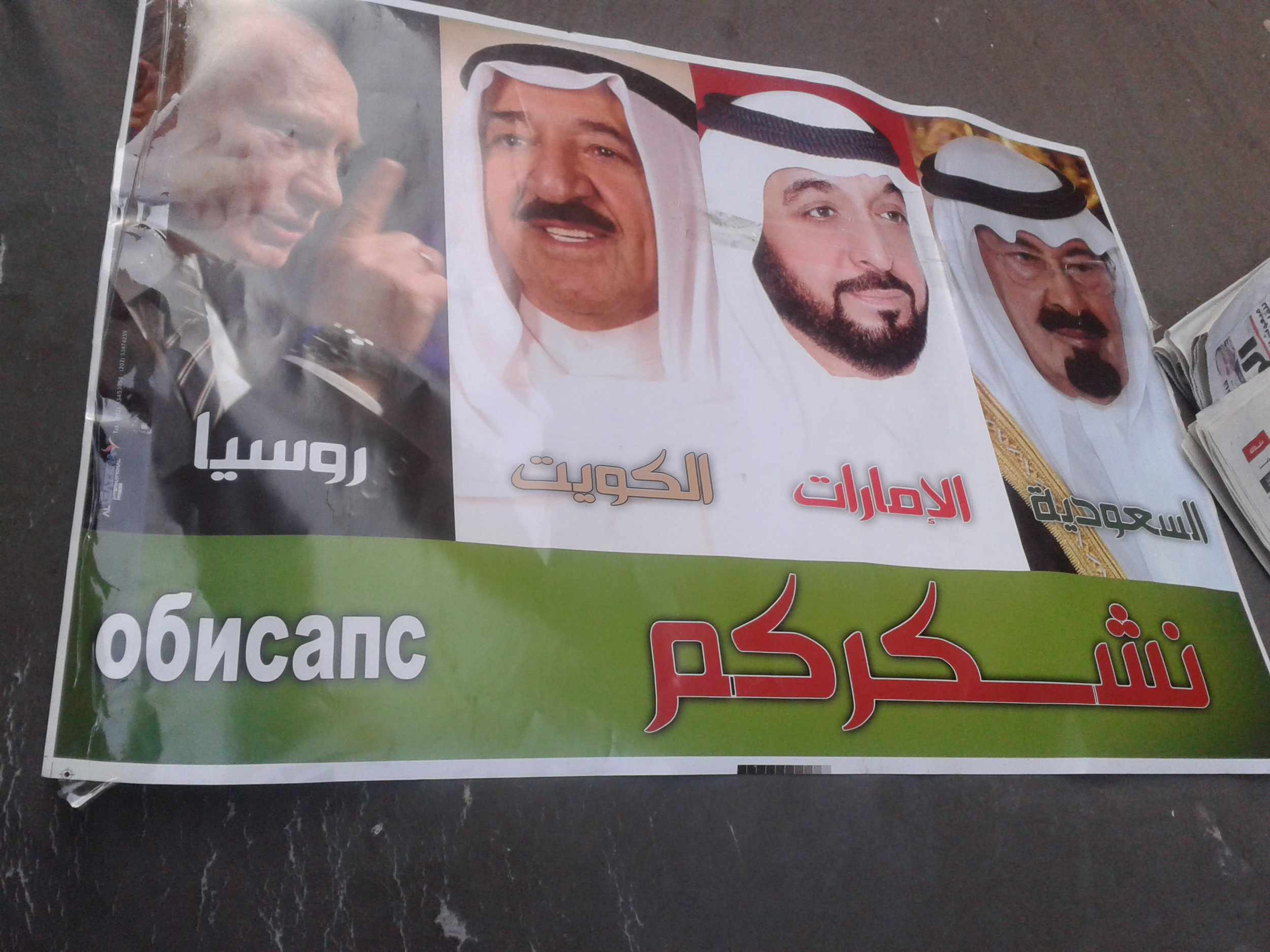Why does Egypt receive between $1.3 and $1.5 billion of US aid annually?
"Because of Israel" is the most common answer to that question. Certainly, that is driving much of the American political wrangling over whether aid should be suspended. The New York Times reports that during the back-and-forth among the US and its allies leading up to Morsi's ouster, Israeli officials argued against cuts, and told the military not to put stock in US threats to cut off aid. The Israelis, like the US, greatly prefer the Egyptian security forces to be in charge of the country. Whatever, the depredations of Mubarak, the Brotherhood, or the counterrevolution, Egypt is too valuable for any American leader to risk "losing."
But though the Muslim Brotherhood signaled it might be less hostile to Hamas or Iran than Mubarak was, in practice the former president did little to change existing policies. Under Morsi's short presidency, the Egyptians even stepped up the destruction of smuggling tunnels into the coastal strip (moreover, the Egyptians were reportedly instrumental in negotiating an end to Operation Pillar of Cloud last winter).
Both Israel and Egypt have many shared interests in the Sinai, especially as the security situation deteriorates. Though Egyptian pressure on Gaza is massively increasing now, it was never seriously in jeopardy under the Brotherhood given that the terrorists and criminal gangs in the Sinai were going after both the SCAF- and Brotherhood-led Egyptian state, and it served Morsi little to champion the Palestinian cause while in office.
The massive corporate investment in Egyptian or Saudi defense expenditures certainly contributes to Congressional deliberations against aid cuts. And while one might examine the head of President Obama, and whether his reluctance to "take sides" really suggests a desire to reduce a US commitment to Egypt, the fact that the aid has not yet been publicly cut off suggests that Washington has tacitly taken a side: that of the military's, guarantor of the status quo.
It was, in fact, not just the Israelis telling General Sisi et al. to pay no mind to the US law that requires all aid to be suspended to a country if a coup takes place there. It was King Abdullah telling the Egyptian generals that the Kingdom would make up for any cutoffs in economic or military aid - the latter, almost assuredly in the form of American-made weapons in Riyadh's possession.
Riyadh's role is extremely important in all of this, especially with respect to Iran's containment. As the CNAS think tank noted in February 2011, Egypt's strategic importance in the wider region has nothing to do with the current deployment of US forces in the country, where the only fully staffed America military station is a US Navy medical center. It instead has to do with the nightmare scenario that would threaten the US's interests in the Persian Gulf: the sudden collapse of any one of the Gulf monarchies that host the radar sites, listening posts, airfields, and weapon emplacements pointing at Iran:
"The United States has no military bases of its own in Egypt. Its headquarters for directing air and ground troops in the Middle East, Afghanistan and Iraq, are in Qatar. Stockpiles of tanks, ammunition, fuel, spare parts and other war materiel are warehoused in Kuwait, Qatar and Oman. U.S. missile batteries are deployed along the Persian Gulf's west coast. The U.S. Navy's regional headquarters is in Bahrain.
But in contingencies or crises, American forces have depended heavily on Egyptian facilities built with U.S. aid to U.S. specifications to accommodate U.S. forces as they move from the United States and Europe to Africa or westward across Jordan and Saudi Arabia to the Persian Gulf. American nuclear powered aircraft carriers, whose jets are playing a major role in Afghanistan, rely critically on their expedited use of the Suez Canal, giving them easy access to the Red Sea and Persian Gulf."
Jane's Defence Weekly presented an analysis of commercial satellite imagery compiled between 2011 and 2012 to illustrate the expansion of US, UK, and GCC "conventional combat capabilities" in the Persian Gulf. The analysis highlighted the most salient points of this cooperation, which all ultimately leads back over that waterway and the Saudi desert to Egypt's own airspace and port facilities.
Meanwhile, the suggestion that the failure of the Brotherhood's political experiment in Egypt may be necessary for the House of Saud's survival is not farfetched. Though security concerns largely determine American actions, for the Saudis, there is also the matter of not wanting competition from the transnational Brotherhood as a mass Islamist movement.
While in years past, the Saudis supported the Brotherhood in Egypt - against Nasser, primarily, whose pan-Arabism and meddling in Yemen during the Cold War threatened the House of Saud's shaky legitimacy. But then the Brothers' messaging and aspirations began to appeal to dissidents within the Kingdom, as did other rival Islamist precepts, threatening absolute monarchy with the prospect of replacement. In recent years, top Saudi officials have made extremely negative remarks about the Brotherhood, most notably the late Crown Prince Nayef. Last month, Prince Alwaleed Bin Talal fired a Kuwaiti preacher from his Al Resalah channel for having pro-Brotherhood leanings. As a Foreign Policy article recently noted about Saudi efforts to arm anti-Assad Syrian militias, "Saudi Arabia does not only despise the Muslim Brothers, but political Islamic movements and mass politics in general, which it sees as a threat to its model of absolute patrimonial monarchy."


